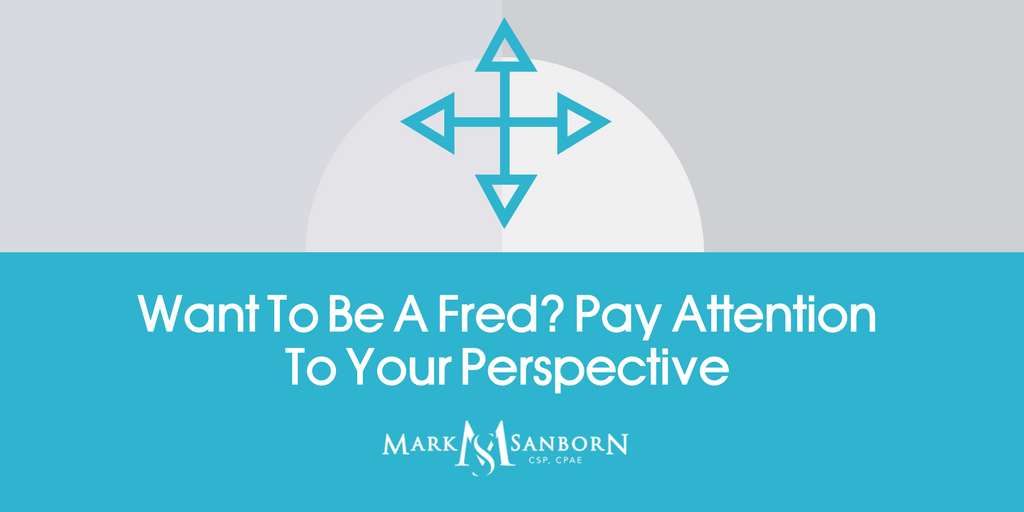|
Pessimism goes much deeper than just seeing the glass as half-empty. It ties into an underlying fear that not only is the glass half-empty, it is half-empty with no hope of getting a refill. The combination of pessimism and a scarcity mindset virtually guarantees a losing outcome for everyone involved.If we believe we have what we need to exceed others’ expectations without draining our own resources down to irreversibly, dangerously low levels, we are free to take action. In the process of serving, we are energized, fulfilled, and enjoy a feeling of significance. On the other hand, if we go through life thinking every little effort will sap the very lifeblood out of us, that we will never recover the extra energy we spend on creative service, we are bound by the limitations we have set. We hunker down, conserving every bit of energy we have as if it is the last we will ever see. We do only what is essential for survival. Ultimately, we scramble and fight to protect what little we think we have.Like a survival mechanism, scarcity and pessimism drive people to conserve their energy and resources. If the original Fred-Fred Shea–had operated from this perspective, he would have delivered the mail as quickly as possible, avoided contact with the people on his routes, and scoffed at the idea he could provide more. If he had bought into that mindset, there might not have been a Fred Factor to write about – or at the very least it would have had a different name. Instead, Fred understood some things about the way the world works.
Much like flipping a switch, moving from a pessimistic outlook to an optimistic one will have an enormous effect on your ability to be a Fred. The difference is like a room when the light is turned on: it is the same room but the light makes it look different. This mindset goes much deeper than seeing the glass as half-full. It recognizes that not only is the glass full, but in fact it could quickly be filled to overflowing. With that sort of reassurance, Freds everywhere know they have the power, the energy, and the resources to make a difference in the lives of people around them. The Power of Small My friends Linda Kaplan Thaler and Robin Koval run one of the most successful advertising agencies in the world today. (They were responsible for the pop-culture icon Aflac duck.) They’ve written a terrific little book called, appropriately,The Power of Small: Why Little Things Make All the Difference. http://www.marksanborn.com/powerofsmall.html I had an advance reading copy and liked it so much I provided an endorsement. Yesterday I wrote about the importance of details and this book unpacks that concept in many useful ways. I like that the book is engaging and easy reading; I love the ideas Linda and Robin present that are immediately applicable. Check it out. Thank God It’s Monday!: How to Create a Workplace You and Your Customers Love My friend and colleague Roxanne Emmerich has written a very helpful book about employee engagement, one of the biggest challenges facing any manager or leader. In Thank God It’s Monday!: How to Create a Workplace You and Your Customers Love she outlines a proven system for bringing more fun – and consequently more money – to businesses. Roxanne is well-known for her ability to transform “ho-hum” workplaces into massive results-oriented “bring-it-on” environments and igniting a give-more passion among employees and managers that catapults performance, and boosts morale and profits to new levels. To learn more and order, go to http://www.marksanborn.com/emmerichbook.html To take advantage of other bonuses, go to |




